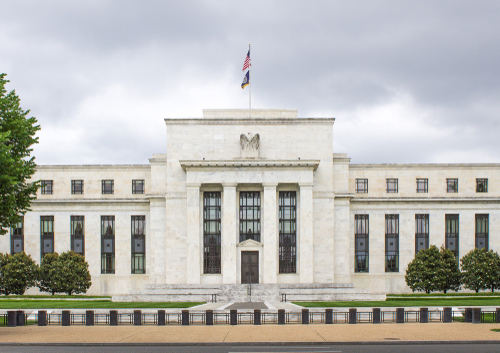QUESTION: Why is the Fed moving to relax the Volcker Rule and allow banks to once again engage in proprietary trading?
I figure if anyone knew the truth, it would be you
Thank you in advance
PH
ANSWER: Yes, the Federal Reserve Board wants to roll back the Volcker Rule, which was imposed to make banks safer after the 2008 meltdown. The Fed is moving to begin the administrative process aimed at significantly reducing compliance costs for financial firms but ALSO the problem behind the curtain has been that the LIQUIDITY in the markets has collapsed. Since remaining participation in the markets is still about 50% of 2007 levels, removing the banks from proprietary trading has contributed to a completely new risk – the flash crash.
The rule was intended to bar banks with federally-backed deposit insurance from suffering counter-leveraged losses by restricting their ability to bet with their own capital. Financial firms have been arguing that the rule is unnecessarily complex and almost impossible to adhere to. This is partially true. However, prosecutors who do not know how the financial markets truly function have been bringing criminal actions and demanding huge fines for basic things that have always existed and are part of any poker game. They have turned “spoofing” into a crime when in fact if you have a large position, you cannot let the other side know what you intend to do or they will front-run you every day of the week. So if you pretend you will be a buyer so you can sell, that is the nature of the game. Even the Libor Scandal was not “manipulation” of the trend in interest rates. That’s is what central banks do. They were playing within the “noise” of any market gunning for stops as the floor brokers have done since the birth of trading. They by no means altered the trend of interest rates – that is the privilege of central bankers.
Revising the Volcker rule is now something quietly supported by five agencies and among policymakers behind the curtain and it is all being driven by the lack of LIQUIDITY. Even the high-frequency trading systems shut down in the middle of high volatility. With retail participation minimal, banks out of the game, turn up the volatility and the high-frequency traders abandon ship rapidly. This allows for wide gaps in trading that are a concern for the future.
The proposed changes will be opened up for public comment for 60 days. But do not expect any serious discussions with respect to the crisis building in the decline in LIQUIDITY.
The proposal calls for the removal of an assumption included in the original rule that positions lenders hold for fewer than 60 days are proprietary. Meanwhile, the plan would scrap a component of the test for determining whether a trade is for a bank’s account. It would be replaced with new criteria based on how the bank accounts for the trades, according to the summary. They want to provide banks with more flexibility to execute trades that serve as hedges against potential losses. Banks now have to submit continuous and precise documentation to prove they are hedging. This is really onerous and in a crisis, it will magnify the events if banks cannot hedge. Nonetheless, the central purpose of the regulation to prohibit banks from speculative trading will be maintained, but there will be a wide lateral movement to really allow them back at the speculative table. They can alter regulations but they CANNOT repeal the Volcker Rule for that would require an act of Congress.
